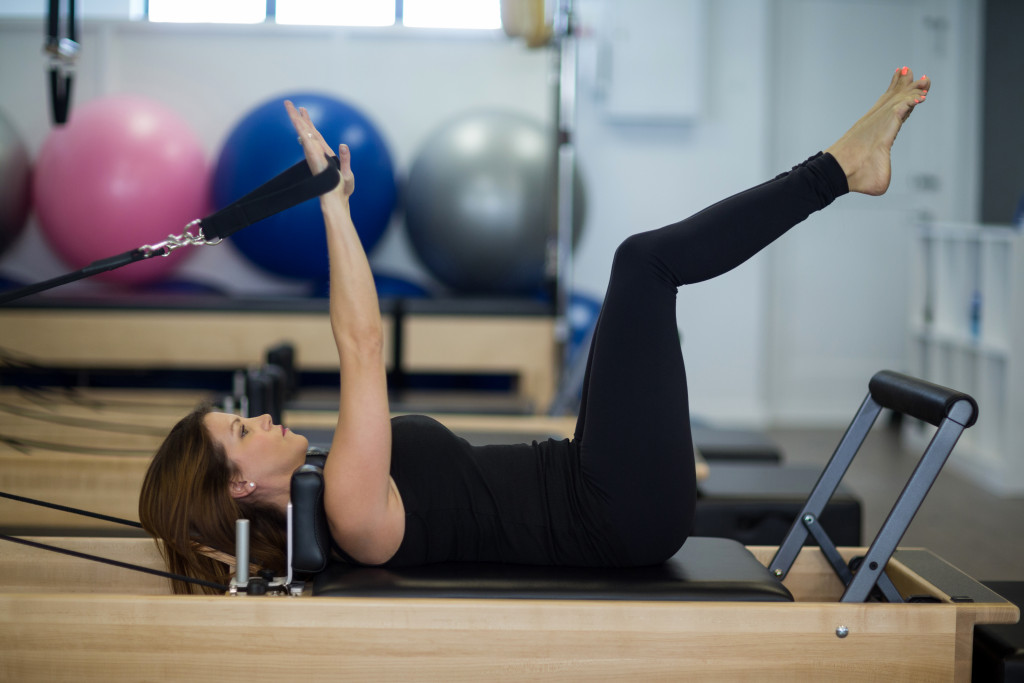Self-improvement is a timeless endeavor. The first books on this subject go back across the centuries; think Meditations by Marcus Aurelius, or Sun Tzu’s The Art of War. Self-help books comprise probably the best-selling and most well-read genre in American publishing.
Yet as much as people would love to get better in some way, we often view these efforts with a dose of cynicism. It’s easy to see self-improvement in a negative light. The more you try to embrace positivity, the more likely it is to find people laughing at you. Physical fitness is an excellent example of this. The internet abounds with memes and posts belittling efforts to stay motivated, exercise regularly, and get into better shape.
There can be humor in someone telling themselves to stay positive when the mirror reflects how far they have yet to go. But the truth is that a positive attitude makes all the difference in achieving your fitness goals. Here’s how embracing that can work for you.
Different factors affect fitness
Many people think that improving your fitness is all about getting regular exercise. And to do that, several things have to fall into place. You need to make time for it in your schedule, maybe buy the necessary gear, find a workout buddy or coach. You’ll also have to avoid getting exhausted at work daily.
It’s true that several factors affect fitness. Experts call them determinants, and there are far more of them than you might have considered. They include environmental conditions such as air quality, genetic traits, and existing health conditions. There’s also a wide range of social and individual determinants to consider.
Not all of these determinants are entirely under your control. But you can take various steps to address them. For instance, consulting with an oral surgeon can help treat sleep apnea. This improves your sleep quality, letting your body recover and benefit from exercise.
Other determinants are even more controllable. This includes your commitment to physical exercise, but it also encompasses eating properly, dealing with stress, socializing with the right people, and maintaining other healthy habits.
Half full versus half empty
The full list of fitness determinants can be an eye-opener. But now that you know that many factors are at work, how do you respond?
When a person believes that too many factors have to line up for them to become fit, they are taking a glass-half-empty approach. They feel overwhelmed. It’s hard enough to commit to exercise, and on top of that, you need to follow a diet? Quit smoking and drinking in response to stress? Avoid hanging out with your friends who have the same habits? All of these challenges add to the difficulty.
However, a positive, glass-half-full attitude lets you see these determinants as opportunities. Sure, you might not be able to exercise today, but if you eat healthy meals and sleep well, you’re still getting better. Maybe your home environment isn’t that clean, and you can’t move to a different neighborhood so quickly. But you can spend time de-stressing in the local park and hanging out with people who don’t think that substance abuse is cool.
Reality is more complicated and nuanced than a glass of water, but in principle, your chosen approach and its effects will be the same. The fact that there are so many aspects to improve upon means that you can always do something, even with limited time each day. And you’ll only be able to take those actions if you embrace positivity.
Response turns into momentum

Cynics will say that even if you repeat positivity mantras to yourself each day, that doesn’t make change real. And that’s true. Positivity without action is just optimism. You’ll only end up being happy with your circumstances.
The power of a positive approach lies in its ability to build momentum. In her influential work, Carol Dweck differentiated people accordingly. Those who have a fixed mindset love results. So if they start exercising and shed pounds, they’ll continue. But once they hit a plateau, which they will because of diminishing returns, they’ll stop.
The growth mindset is tied to challenge and effort. If you adopt this mindset, you’ll be even more motivated when you hit a plateau. You’ll want to figure out what else you can do to keep progressing. Maybe you change your routine, improve your diet further, get into different sports, make new friends. The initial, positive response builds a snowball of momentum.
Embrace positivity as you work towards your fitness goals. It can be difficult in the face of other people’s skepticism, and it won’t happen overnight. But it will enable the consistency and momentum you need to set change in motion and improve on all the determinants you can control.

